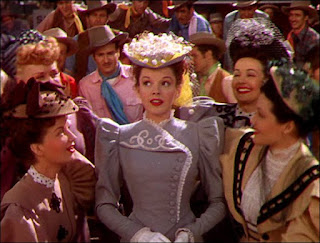- The first website I visit is Facebook due to the fact I'm playing three games on there at the moment. Yes, a waste of my time, perhaps. But they have the advantage of keeping me at the computer, or getting me there for set periods of time to harvest crops or build up my city. Whenever I'm sat at the computer my conscience inevitably kicks in. Plus, they offer little incentives: work for an hour and you get ten minutes tending to your farm. It actually works.
- My email pops up in the corner. I check (mostly delete) all that and log into Twitter while I'm sorting out my Facebook games. I'm obsessive; I have to read all the way back to where I left off the night before. I respond to anything directed at me.
- I visit The Telegraph website. I scan the homepage but I'm mostly interested in the 'Comment' section. I get riled, I respond to articles and I send any interesting ones to my Twitter feed.
- I go to The Guardian website. I visit the 'Comment' section and then usually the 'Culture' page, again sharing anything I find of interest.
- The Independent website is my next stop. What I use this for mainly are the headlines on the right-hand side. They're really good for breaking and recent news stories, several of which end up on Twitter.
- I go to the New Statesman website and check out their homepage.
- Next port of call is The Spectator Blog page, full of political observations and stories that, while interesting, probably wouldn't make it onto mainstream news sites.
- Next it's the BBC News site! Local news then most-read stories. I then check out the 'Entertainment' section.
- It's the turn of my Google Reader page. I scan the updates from the blogs I'm subscribed to and read/respond where appropriate. Then I look at the sites related to articles I may want to write for Lesbilicious.com and plan those into my day.
- I check my university email.
- I FINALLY GET TO WORK!
And I do get to work eventually... honest.
Am I the only one with this sort of rigid routine?


